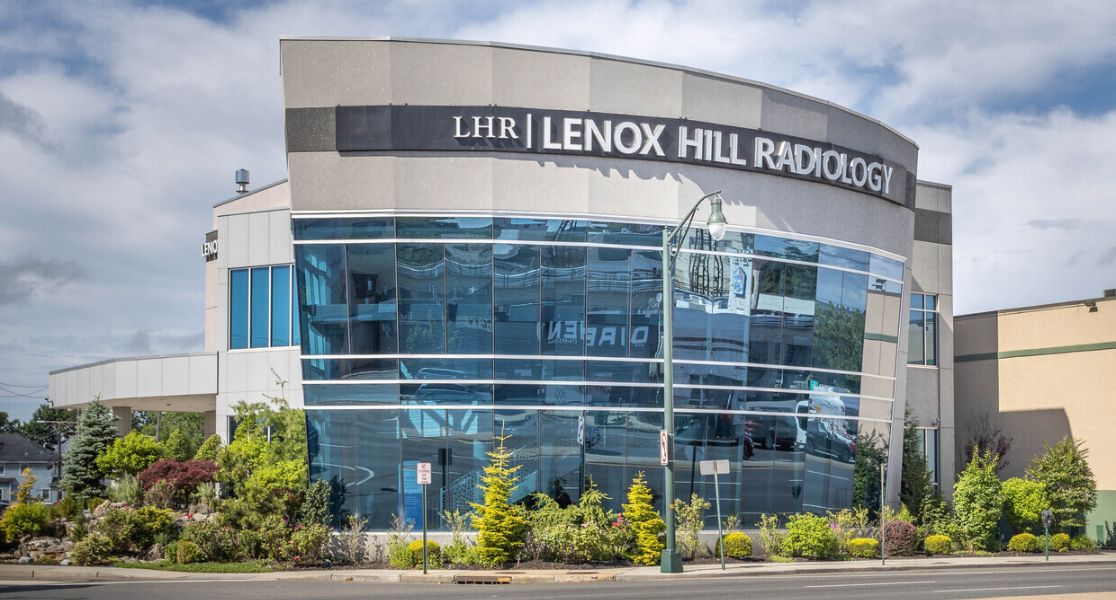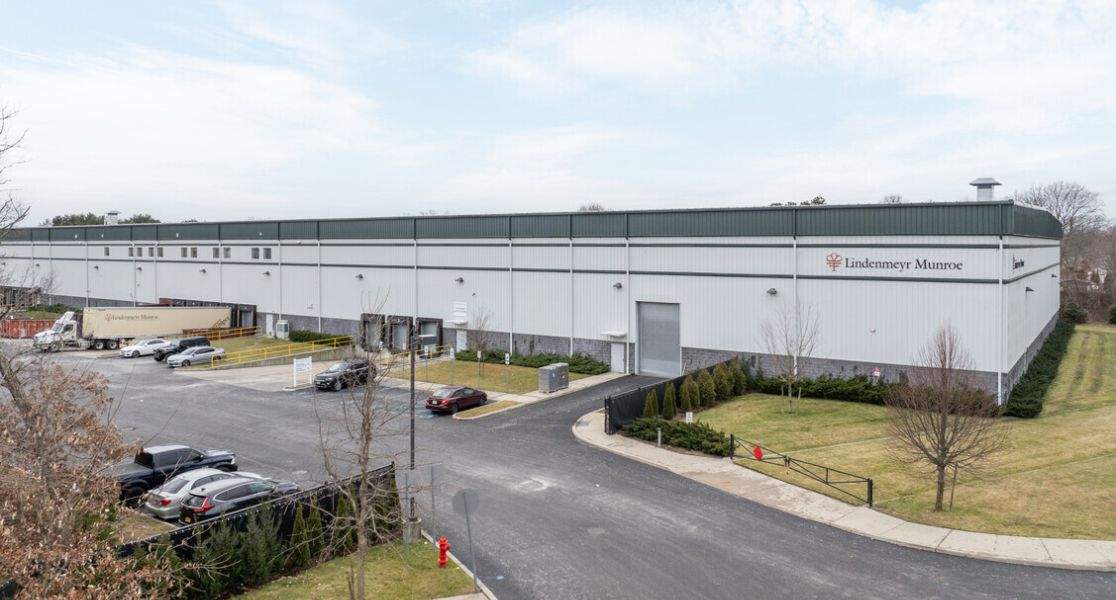
Investing in commercial real estate is a great way to diversify your portfolio and provide a steady source of income. Before you begin investing, it’s important to know commercial real estate requires adequate preparation.
Successful investors take extra consideration when evaluating a potential investment.
Here are some factors to consider before you decide to invest.
1. Commercial Real Estate Market Trends
Having a deep understanding of the market you’re investing in is key. This includes having a grasp on the latest economic trends including current or projected Federal rate hikes, unemployment rates, trending job sectors, and more.
Savvy investors know the average tenant rents, price per square foot, cap rates, and recent sale prices of comparable properties in the area.
Another factor to know is the supply and demand for specific property types. Which properties are in demand in your market? Industrial? Office? Retail?
You must be able to articulate the current market demand, as well as the future outlook.
An example of this is our market of Long Island (NY). Recent years saw elevated demand for office and industrial space.
We expect this trend to grow as online consumer ship and demand continues.
Also, study major shifts in your local market such as major store closings.
The continued rise of Amazon and other e-commerce remains a big disruptor in the market. Recently, there were major store closings of Toys R’Us, Sears, J.C. Penny, and other retailers.
Focusing on these economic trends and market shifts will allow you to make calculated investments that can yield high returns.
2. Study the Local Demographics
Studying the local demographics of the property provides valuable information of your potential investment. Request a demographic report that tells you population, median household and individual income, sex, and more.
Understanding the demographics lets you understand who will be visiting your next investment property.
For example an area with a younger demographic, such as millennials, will have likely have huge student debt and little savings, or disposable income.
Compared to an area that is predominantly within the baby boomer age range, this demographic may have more disposable income.
Neighborhood amenities play a huge part in demographics as well.
A property in close proximity to high ranking schools, landmarks, and popular attractions is more desirable and generally carries higher value.
This information is useful when staging and marketing the property for prospective tenants.
3. Assessing Risk in Commercial Real Estate
Risk assessment in commercial real estate demands huge consideration. No two commercial properties are the same.
As an investor, a lot of your due diligence is on underwriting the property condition and tenants. Be sure to look for these things below.
Assessing Property Condition
The first step in assessing the property condition is to conduct a simple walk-through or our of the property. You want to have a first look at the property structure and interior amenities, such as furniture updates.
In the next steps you’ll want to officially enter the due diligence period where you review documents pertaining to the property condition, zoning documents, financials, environmental assessments, and more.
You can read more about due diligence here.
Underwriting Tenant Leases and Longevity
It’s important to review the tenants as carefully as you inspect the property condition. When looking at the tenants consider how long they’ve been at the property, the amount of rent they pay, and if their demand is jeopardy.
Length of Tenancy
The length of a tenant’s lease gives insight to their stability and success at that property. A long-term tenant has a proven track record of being a “good fit” and providing steady revenue.
Besides the length of the tenancy, look for lease options. A tenant with options for renewal is important because it shows the current landlord has a continued confidence in the tenant’s success.
Tenant Rent Prices
Observing the cost of tenant rents will let you know if the tenants are underpaying, overpaying, or if rents are at market value. If tenants are underpaying on their rents this gives you great upside to increase rents and net higher income in the future.
Vice versa, if the current tenants are overpaying on their rent, there is a chance the tenants may relocate and vacate the space. Once the space is vacant you may have to offer lower rents in the future to quickly fill the empty space.
Tenant Demand
The most important aspect to underwrite is the tenant’s demand in the market. As discussed, Amazon and other e-commerce remain disruptors in the market. Are the current property tenants replaceable by e-commerce?
Tenants have to be proactive in their future plans and stay ahead of the shifting trends.
Investors and owners also have to be savvy in filling spaces with tenants that are in demand. If looking to fill a retail space, it’s ideal if they can offer an experiential experience, or a product that’s irreplaceable by e-commerce.
Outstanding Liens and Litigation
Other factors to look for in tenants are current or previous liens and litigation. As an investor you’ll want to avoid a tenant with any outstanding legal or financial troubles.
4. Zoning Due Diligence
Re-development or conversion projects are common among investors. These projects require heavy due diligence in regards to zoning ordinances and codes.
Before you get started, meet with local government officials to discuss required approvals.
A crucial step is receiving a zoning report. Zoning reports gives you valuable information on the compliance of the property’s current or future use.
This information allows you to make informed decisions and avoid any potential zoning disputes in the future.
Also, it serves as a vote of confidence to the lender or any additional investors that the property will be in compliance.
It’s important to note zoning reports and building approvals can take time. It can range from one month to a few years before your plans get approved.
Conclusion
Adequate preparation before investing in commercial real estate is key to a successful investment.
As an investor, it’s important to carefully study the market and details of the property and its tenants.
For more factors to consider before investing in CRE – check out this Forbes article.
If you have any questions about investing in commercial real estate, feel free to contact us here.






